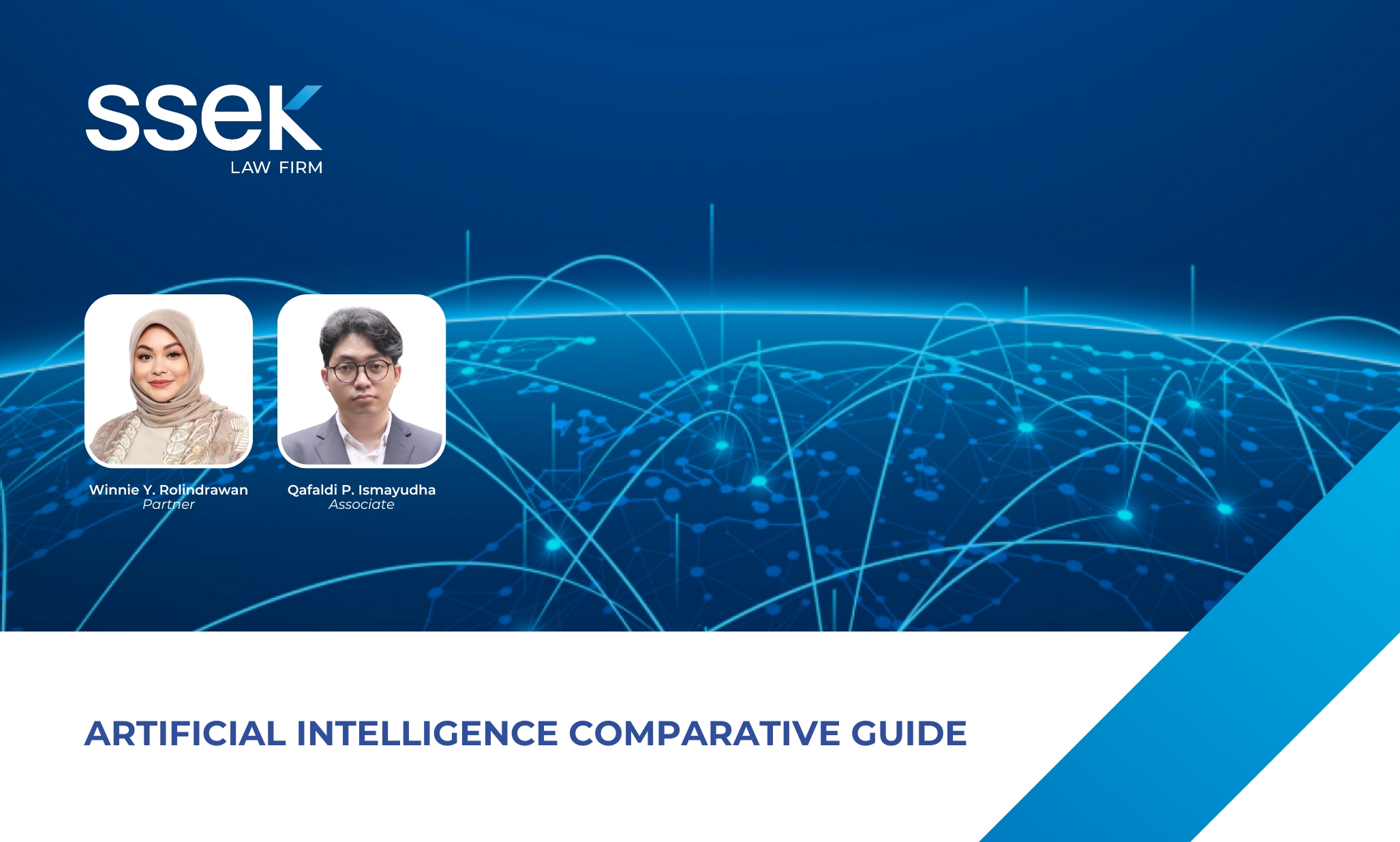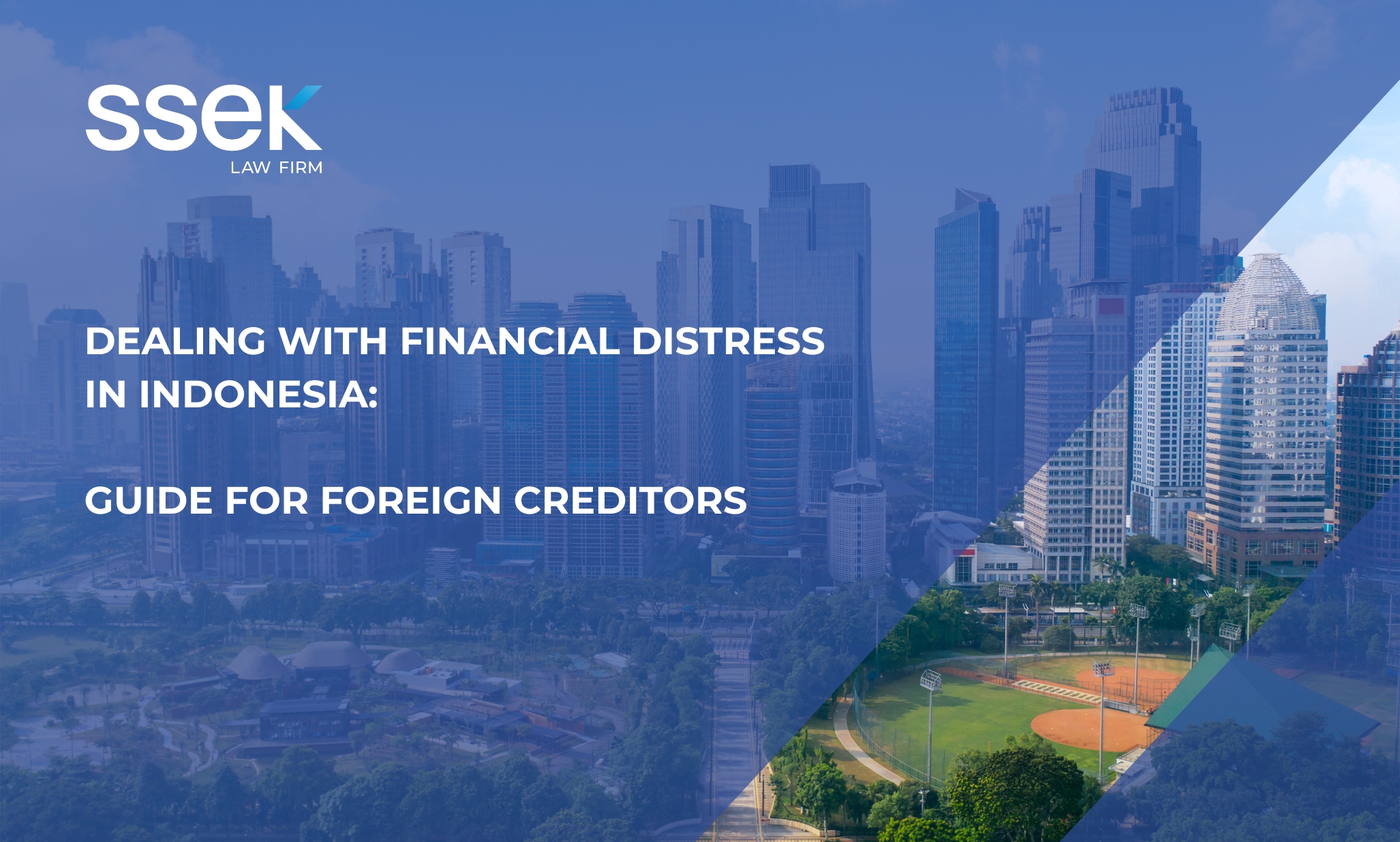


The Indonesian Government recently introduced changes to the country’s immigration system aimed at supporting post-Covid-19 economic development, attracting greater flows of investment, and helping to create an investment climate that attracts highly skilled talent. One of the notable highlights is the introduction of the so-called golden visa targeted at high-quality foreign nationals while maintaining a selective immigration policy.
These changes are introduced by Government Regulation Number 40 of 2023 regarding the Fourth Amendment to Government Regulation Number 31 of 2013 regarding the Implementing Regulation of Law Number 6 of 2011 regarding Immigration (“GR 40/2023”). This is the fourth revision to Government Regulation Number 31 of 2013 regarding the Implementing Regulation of Law Number 6 of 2011 regarding Immigration, as last amended by Government Regulation Number 48 of 2021 (“GR 31/2013, as amended”).
We highlight key changes to the immigration framework introduced by GR 40/2023, including longer validity periods for various visas/stay permits.
Visit Visa and Visit Stay Permit
Purpose of Visit under Multiple-Entry Visit Visa
GR 31/2013, as amended, provided that a multiple-entry visit visa could be granted for government duty, pre-investment, business, and family-related matters. Under GR 40/2023, a multiple-entry visit visa covers visits for the purposes of government duty, education, social and cultural matters, tourism, pre-investment, business, family, journalism, or transit. Details on the activities allowed under a multiple-entry visit visa will be regulated in a Minister of Law and Human Rights (“MOLHR”) regulation.
Validity Period of Multiple-Entry Visit Visa
GR 40/2023 now provides that a multiple-entry visit visa is valid for 10 years from the date of its issuance. Previously, a multiple-entry visit visa was valid for 5 years from the date of its issuance.
Removal of Provisions concerning Limited Stay Visa (Visa Tinggal Terbatas or “VITAS”) on Arrival
GR 40/2023 removes two articles from the previous regulation concerning VITAS on Arrival. Previously, Articles 106 and 107 of GR 31/2013, as amended, provided the possibility of obtaining a VITAS on Arrival at certain immigration checkpoints, although how the VITAS on Arrival really differed from a regular VITAS other than the place of its issuance or how it was to be implemented in practice were unclear. The removal of those two articles indicates the intention to ensure that VITAS applications may only be submitted prior to arrival in Indonesia.
Visit Stay Permit (Izin Tinggal Kunjungan)
Under GR 40/2023, a single-entry visit stay permit is extendable for the same period as the multiple-entry visit stay permit, such that both single-entry and multiple-entry visit stay permits grant the holder a stay for a maximum of 180 days, extendable for a period not exceeding an aggregate period of 12 months.
Length of Visit Stay Permit based on a Visit Visa on Arrival
The validity of a Visit Stay Permit issued based on a Visit Visa on Arrival can now be extended for a period that does not exceed an aggregate period of 60 days.
VITAS and Limited Stay Permit (Izin Tinggal Terbatas or “ITAS”)
Entry Stamp of Limited Stay Visa Holders
Prior to the introduction of GR 40/2023, GR 31/2013, as amended, stated that the entry stamp of foreign nationals holding a VITAS served as a temporary ITAS for 30 days. Within the 30-day validity period of the temporary ITAS, the foreigner was to apply for an ITAS and failure to do so would result in charges. The enactment of GR 40/2023 revoked the foregoing clause and Article 32 now generally provides that the entry stamp for foreign nationals holding a VITAS shall serve as the ITAS. This means that foreigners entering Indonesia using a VITAS for non-work purposes no longer need to convert their temporary ITAS (i.e., their entry stamp) into an ITAS because the entry stamp itself already serves as the ITAS.
Purposes of Visit under VITAS
While GR 31/2013, as amended, elaborates on the activities allowed under a VITAS for work purposes and non-work purposes, GR 40/2023 no longer lists the activities and no longer separates the types of activities falling under a VITAS for work and non-work purposes.
GR 40/2023 states that further details on the activities permitted under a VITAS will be regulated by a MOLHR regulation.
Validity Period of ITAS
GR 40/2023 extends the maximum period for a temporary stay permit to 10 years. This 10-year maximum period marks a new chapter in Indonesia’s immigration framework, as now foreigners can enjoy a significantly longer stay in Indonesia without having to apply for a permanent stay permit.
ITAS for Nautical Professionals
Under GR 31/2013, as amended, applications to obtain an ITAS for the nautical profession could be lodged either before or after entering Indonesian waters. GR 40/2023 simplifies the prerequisites for such applications, streamlining the process. Moreover, a clause under GR 31/2013, as amended, which mandated applications be submitted within 30 days of receiving the entry stamp if filed after entering Indonesian waters, has been removed from GR 40/2023. The implications of this removal remain to be seen.
Permanent Stay Permit (Izin Tinggal Tetap or “ITAP”)
GR 40/2023 introduces significant revisions to the conditions and requirements for ITAP applications. It provides a more streamlined list of documents required for the ITAP application, so applicants no longer need to provide photocopies of the Limited Stay Permit and domicile certificate. Instead, they must now present a Proof of Guarantee, either from a Guarantor or through an Immigration Guarantee. Furthermore, rather than getting a recommendation from government agencies, applicants are now required to provide additional documents explaining their intent/purpose or status in Indonesia. The specifics of these new documentation requirements will be detailed in a separate MOLHR regulation.
Changes Relating to Denial and Cancellation of Stay Permits
Under Articles 160 and 161 of GR 31/2013, as amended, in cases where (i) the Indonesian husband or wife of a foreigner or (ii) the Indonesian father or mother of a foreigner passed away, the foreigner's ITAS or ITAP remained valid, but the foreigner was required to have an Indonesian national as a Guarantor. With the introduction of GR 40/2023, such foreigners are now only required to report to the Immigration Office.
For foreign nationals in mixed marriages of 10 years or longer, GR 31/2013, as amended, provided that the ITAP acquired by the foreigner remained valid even if the marriage ended due to divorce or a court ruling. With the introduction of GR 40/2023, the requirement to have an Indonesian Guarantor under GR 31/2013, as amended, has been abolished. Foreigners are now only required to report their marital status to the Immigration Office.
Other Changes
Change of Status
GR 40/2023 makes notable amendments concerning the criteria for changing citizenship status. One prominent addition is the inclusion of "repatriation." Notably, the concept of "repatriation" is introduced exclusively in GR 40/2023, marking its absence in the preceding GR 31/2013, as amended. Moreover, GR 40/2023 underscores a pivotal change whereby the MOLHR now has enhanced discretion to classify the purpose or intention behind the transition from a visit permit to a limited stay permit for foreigners. This insinuates a consolidated role and authority for the MOLHR in the decision-making trajectory.
Furthermore, the MOLHR is slated to issue a regulation classifying the purposes or intentions for changing a limited stay permit to a permanent stay permit for foreigners. This implies impending clarifications and guidelines from the MOLHR, further shaping the landscape of citizenship and stay permits.
Conclusion
The introduction of GR 40/2023 brings significant changes to the immigration landscape of Indonesia, impacting various permit categories and application requirements. While the simplification in certain areas is commendable, it is important to remain alert for forthcoming MOLHR regulation(s) for a comprehensive understanding.
This publication is intended for informational purposes only and does not constitute legal advice. Any reliance on the material contained herein is at the user’s own risk. All SSEK publications are copyrighted and may not be reproduced without the express written consent of SSEK.









